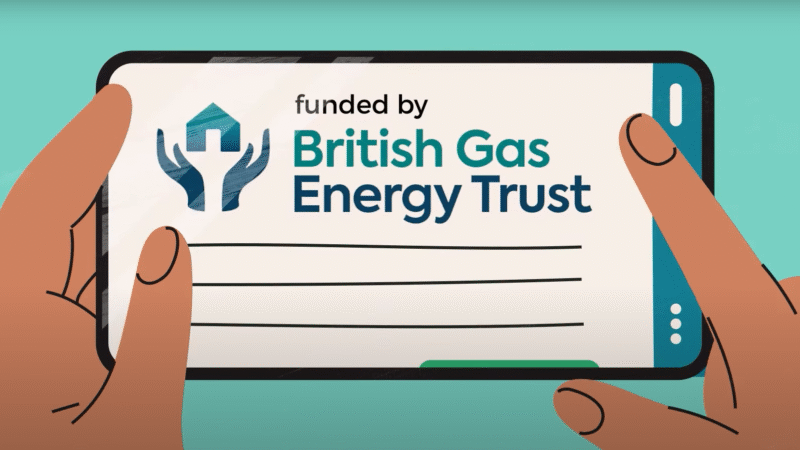Autumn Budget: Hitting reset on UK Education in a national tech skills drought

Today’s Autumn Statement brings an extra £2.3 billion into schools across the UK, with investment focusing on skills to ensure students have access to greater opportunities and are prepared for future facing career options. While the integration of technology into contemporary society is widely recognised as the norm and deemed a necessary skill in the world of work, there is a significant drought of technology skills in our current education system. With research from the Learning and Work Institute at WorldSkills UK showing that 92% of businesses agree that having basic digital knowhow is essential for employees, and a further 76% concurring that digital skills shortage would impact the effectiveness of their business, there needs to be a call-to-action.
In a recent survey of parents across the country, the nation’s most trusted online tutoring platform, MyTutor, highlighted the shared concerns over how schools teach digital skills to support pupils’ future careers. 45% agreed that the future job market’s increasing focus on digital and technological skills meant that the current school curriculum did not serve their child’s career progression and was not fit for purpose in supporting their child’s career aspirations. One in four parents agreed that their child was inspired to learn about STEM field subjects in order to pursue their future career.
Bertie Hubbard, CEO and Co-Founder of MyTutor, said:
“The pandemic ad a huge effect on teens, and in response many budding scientists have become inspired to make it the last one in their lifetime. When we surveyed a group of UK parents recently, 13% told us that their child has decided to pursue a career in a STEM subject so they can make this one the last pandemic. And with so much disruption to their education this year, it’s more important than ever that kids get the academic support and mentoring they need to achieve their ambitions.
“With MyTutor, kids can get support in STEM subjects, mentoring for particular courses and expert UCAS guidance. So, if a teen wants to become a doctor they can get science lessons from a tutor who’s also a medical student. They’ll use their recent exam experience to help them get the grades they need, and also mentor them with advice on which universities to apply for and how to nail the admissions process. With the dedicated support of a tutor and their passion to see the back of pandemics, we can inspire the scientists of tomorrow.”
However, as the current curriculum stands, there are significant obstacles to achieving their goals. Despite their best efforts, schools also struggle to find enough teachers with the appropriate skill set to teach these lessons. This means that too many children are not learning the most up-to-date technical skills that employers are crying out for.
Key stats:
44% of parents agree that the national curriculum doesn’t inspire students to pursue future facing jobs
45% of parents agree that what their child is taught in school does not provide them with the skills they need to succeed in the future job market (tech, software design, app development)
26% of parents agree that their child has become more inspired to learn about STEM field subjects, in order to pursue a career that aids greater sustainability
16% of parents (agree that inspired by the pandemic, their child now has aspirations to work within the mental health sector and medical arena
13% of parents agree that their child now wants to pursue a STEM career as a result of the pandemic
35% of parents agree that they don’t know how to support their child’s career aspirations because career options have changed so much since they were at schools
To help supplement, MyTutor has launched ‘MyTutor Squads’, offering all students free online tutoring classes throughout the autumn term. for students looking for free interactive learning resources on the subjects that students are struggling the most with. Offering free online tutoring sessions in Coding. The classes will ensure students are able to come away from their digital lessons with clear evidence of what they have learned and can easily build on their existing skills over time.






